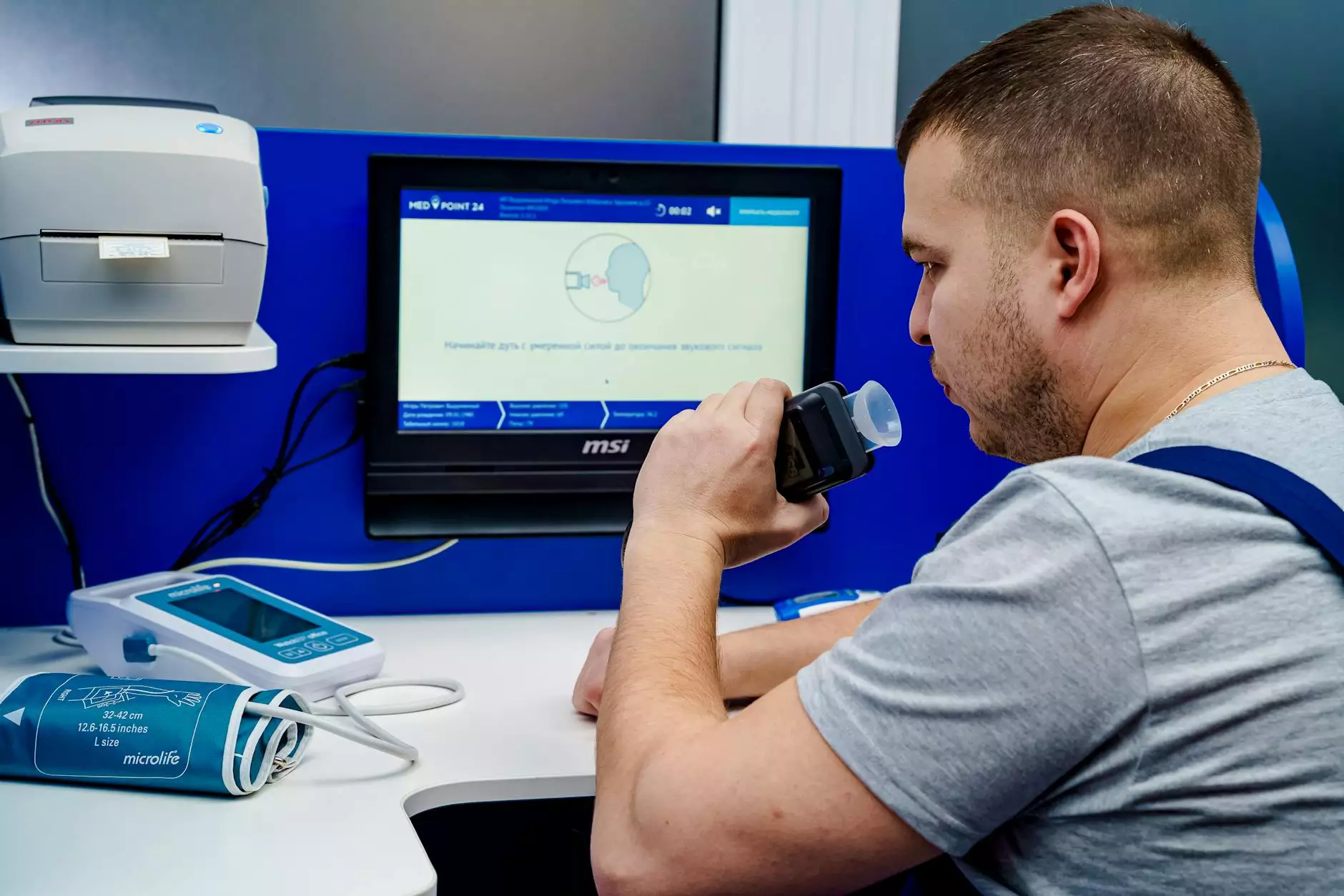Transforming the Pharmaceutical Industry with CRM Software

In today's high-paced business landscape, the pharmaceutical industry stands at the forefront of innovation, efficiency, and customer-centric practices. Among the various technological advancements reshaping this sector, CRM software plays a pivotal role. This article delves deep into the significance of CRM software in the pharmaceutical industry, exploring its functionalities, benefits, and how it can transform business operations.
The Importance of CRM Software in the Pharmaceutical Industry
The pharmaceutical industry is unique, characterized by its complex operations, strong regulatory requirements, and a diverse array of stakeholders, including healthcare providers, patients, and regulatory bodies. As such, the need for a sophisticated tool to manage relationships with these stakeholders becomes paramount. CRM software offers a comprehensive solution that addresses this need by providing organizations with a centralized platform to manage interactions effectively.
Streamlining Communication
Effective communication is the cornerstone of any successful organization, particularly in the pharmaceutical industry. CRM software allows businesses to:
- Centralize Customer Interactions: Keep all data in one place, making it easier for teams to communicate and collaborate.
- Automate Communication: Schedule follow-ups, send reminders, and manage email campaigns to ensure no lead or customer is overlooked.
- Enhance Responsiveness: Quickly access customer data to provide timely and informed responses to inquiries and concerns.
Improving Data Management
Data is invaluable in the pharmaceutical industry. CRM software aids in managing this data efficiently:
- Regulatory Compliance: Ensure that all customer interactions and data are compliant with industry regulations.
- Analytics and Reporting: Use built-in analytics to generate reports, glean insights, and make data-driven decisions.
- Risk Management: Identify potential risks in customer interactions and rectify issues proactively.
Enhancing Customer Experience
Customer experience is critical in the highly competitive pharmaceutical industry. CRM software plays a vital role in enhancing this experience:
Personalization of Services
Pharmaceutical companies can leverage CRM software to deliver personalized service:
- Tailored Communications: Use customer data to create personalized marketing messages that resonate with individual customers.
- Segmentation: Segment customers based on their preferences, behaviors, and purchase history to tailor communications and offerings.
Building Stronger Relationships
With CRM software, businesses can cultivate stronger relationships:
- Customer Engagement: Maintain relationships through consistent engagement, ensuring customers feel valued and heard.
- Feedback Mechanisms: Use CRM to gather customer feedback, improving services based on the voices of stakeholders.
Driving Sales Performance
In the competitive landscape of the pharmaceutical industry, driving sales performance is crucial. CRM software can greatly enhance sales efficiency:
Sales Force Automation
CRM software automates repetitive sales tasks, allowing sales teams to focus on what they do best. Key features include:
- Lead Tracking: Monitor leads from their initial inquiry to conversion, ensuring no opportunity is missed.
- Pipeline Management: Visualize the sales pipeline to better manage prospects and sales forecasts.
Performance Metrics
CRM systems provide valuable insights into sales performance:
- Sales Analytics: Analyze sales data to identify trends, opportunities, and potential areas for improvement.
- Goal Tracking: Set and track sales goals, enabling teams to stay motivated and accountable.
Integrating CRM with Other Systems
To maximize the effectiveness of CRM software, integration with other systems is essential:
Integration with Marketing Tools
Seamless integration with marketing platforms enhances campaign effectiveness:
- Email Marketing: Sync customer data with email marketing tools to ensure targeted and personalized outreach.
- Social Media: Connect with social media tools to track engagements and reach customers effectively.
Integration with ERP Systems
Integrating CRM with ERP systems streamlines operations:
- Unified Data Management: Ensure all departments work with a single source of truth, reducing errors and redundancies.
- Holistic View of Operations: Gain insights into how CRM interactions impact overall business performance.
Challenges in Implementing CRM Software
While the benefits of CRM software are significant, implementation is not without challenges. Organizations must navigate several hurdles:
Data Migration
Transitioning from legacy systems to a new CRM can be complex:
- Data Cleaning: Ensure that data being migrated is accurate and relevant.
- System Compatibility: Confirm that the new CRM integrates well with existing systems.
User Adoption
Getting staff on board with a new system is crucial:
- Training Programs: Provide comprehensive training to help employees become proficient in using the new software.
- Incentivizing Use: Create incentives for employees to engage with the new system actively.
Future Trends in CRM Software for the Pharmaceutical Industry
The future of CRM software in the pharmaceutical industry is bright, with numerous trends shaping its evolution:
Artificial Intelligence and Machine Learning
AI will enhance CRM functionalities:
- Predictive Analytics: Enable the identification of trends and tendencies in customer behavior.
- Chatbots: Use AI-driven chatbots for immediate customer support, improving response times.
Mobile CRM Solutions
With the rise of remote work, mobile CRM solutions are more critical than ever:
- On-the-Go Access: Sales representatives can access vital customer data anytime, enhancing efficiency.
- Real-Time Updates: Immediate updates ensure that all team members are aligned and informed.
Conclusion
In conclusion, the adoption of CRM software in the pharmaceutical industry is not just a trend; it is becoming a necessity for organizations striving to remain competitive in a fast-paced market. By enhancing communication, improving data management, and driving sales performance, CRM solutions provide pharmaceutical companies with the tools they need to succeed. As the industry continues to evolve, embracing the latest CRM technologies will be crucial in navigating challenges and capitalizing on opportunities for growth.
For more information on how our CRM software can transform your business in the pharmaceutical industry, feel free to reach out to Veribase, your trusted partner in achieving operational excellence.
crm software pharmaceutical industry


